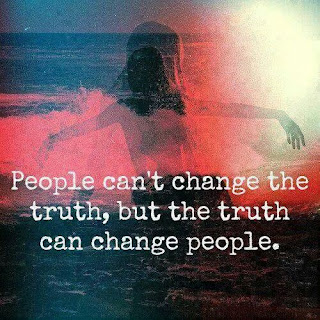You are working full
time. You have many responsibilities as a breadwinner. There are
bills to pay, a couple of loans, kids' education fees, daily
expenses, etc. You have zero to small savings. Your hands
are full and you lack time to check out on your investment options.
You are always tired and working hard but yet they do not translate
to improvement in your finances
That could be your
situation in 2015. The good news is it was also the same with several people I know just a few years back who have turned their lives for the
better ever since. It's not hopeless. I was also facing the similar case not too long
ago but was able to find a way out of it little by little. And while I asked those people about how they climbed out of the hole, I found out that the common thing that helped us to begin moving away from that same situation was
"honesty".
Honesty is not just
a virtue which improves our relationship with people but also a character that would help us in building up our financial situation. Here's a list on how honesty helps you with your money woes.
- Be honest with yourself. Is it really that you don't have what it takes to begin or you're just afraid of investing? Is your fear of the unknown worse than the fear of the inevitable which is your child's education expenses, your retirement, sudden loss of job, health deterioration and ageing?
- Be honest on which things you really don't need. Then stop wasting your hard earned money on them. Rather set the money aside for more important things like investments.
- Be honest with your investment knowledge. Even if I'm doing this for years, I still ask the more seasoned guys. Everything is a continued learning experience. Don't be shy if you know nothing nor too proud if you know a bit. Asking and studying will always do wonders.
- Be honest with your targets and expectations. This is the only way that a financial advisor could direct you to the investment that would suit you.
- Be honest with your situation. Stop fooling your self that you're just fine even if you're not. Stop making excuses for not beginning to save and to invest. Accept the reality that you have to do it now, no matter what.
Just be honest.
Begin your investment and make it a habit. No need to start big. Just
start.
And when you say that you will, be honest.
Happy New Year.
Happy New Year.












